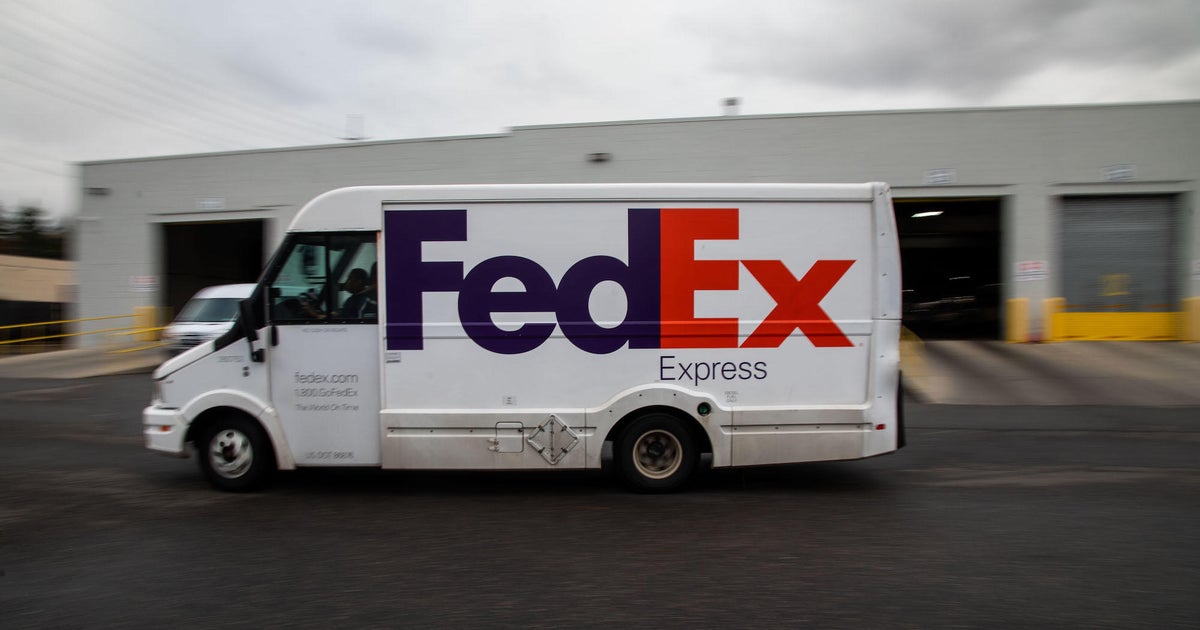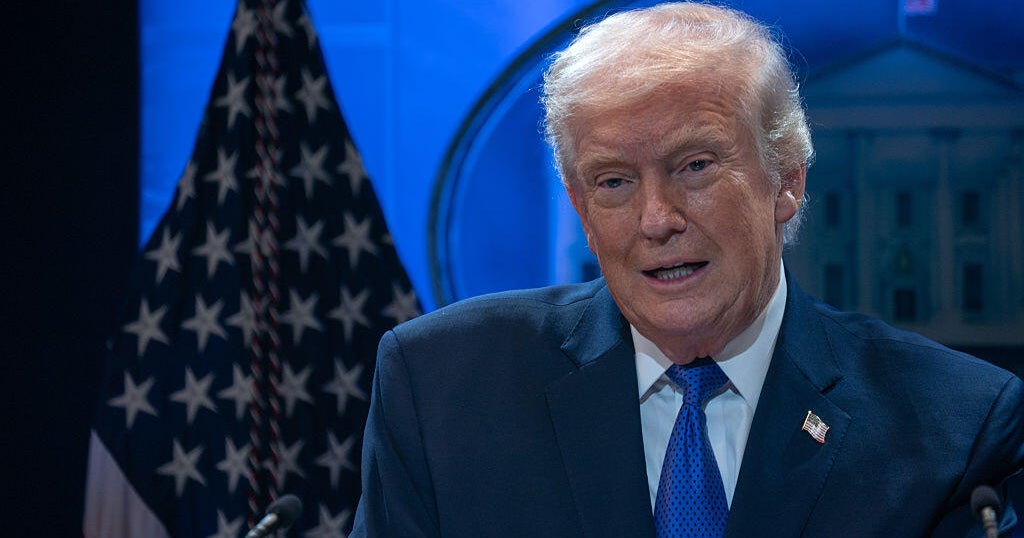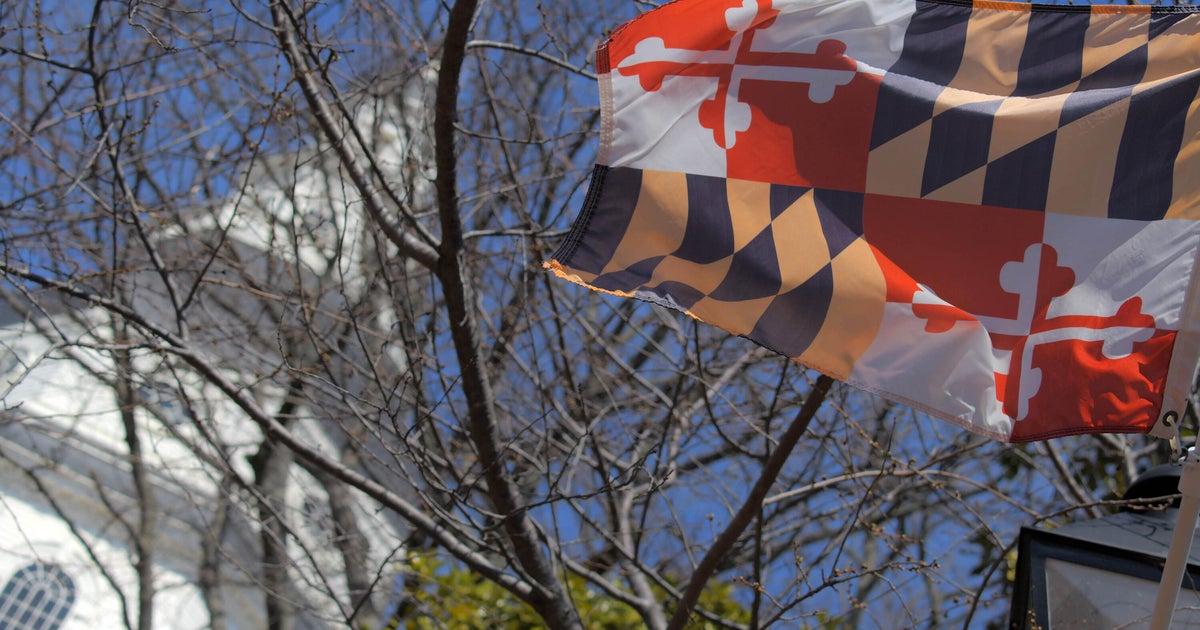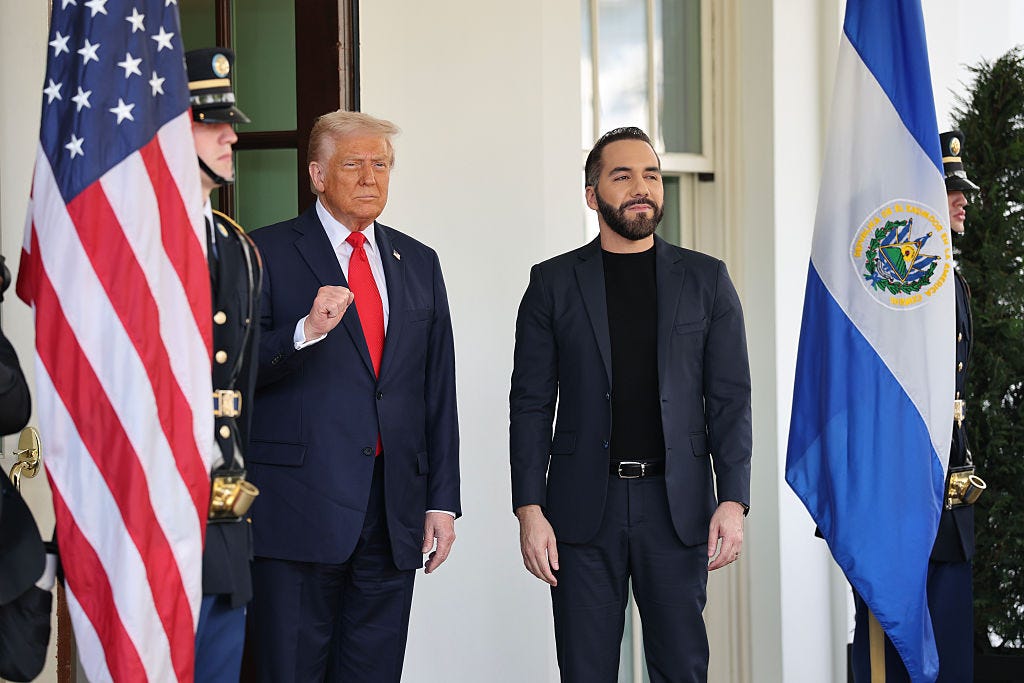Supreme Court rules in internet sales tax case: States can charge online shoppers
WASHINGTON — The Supreme Court says states can force online shoppers to pay sales tax, clearing the way for major changes in the world of e-commerce.
The 5-4 ruling Thursday is a win for states, which said they were losing out on billions of dollars annually under two decades-old Supreme Court decisions that affected online sales tax collections.
The high court ruled Thursday to overturn those decisions. "The Internet's prevalence and power have changed the dynamics of the national economy," the court said in its decision in the case, known as South Dakota v. Wayfair.
Under the previous law, some companies did not collect sales tax on every online purchase. Businesses were required to collect sales tax only when shipping products to a state where they had a physical presence, such as a warehouse or office. Otherwise, they didn't have to collect the state's sales tax.
Customers were generally supposed to pay the tax to the state themselves if they were not charged by the merchant, but the vast majority did not. Thirty-one states have laws taxing internet sales, according to the nonprofit Tax Foundation.
"If you're a pure-play online retailer and have very limited geography, say, one distribution center, this is going to be meaningful," said Charlie O'Shea, lead retail analyst at Moody's. "There are a lot of retailers out there that have only collected sales tax in states where they have to."
Not least of those is Amazon, a large part of whose business consists of sales made through other merchants operating on the site. While the e-commerce giant collects sales tax on all items it sells directly, third-party purchases are taxed in just two states, Washington and Pennsylvania. Those purchases could make up a third or more of Amazon's revenue, by some estimates.
Last year, third-party sales earned Amazon nearly $32 billion across the globe, according to SEC filings, and the business is growing rapidly.
Billions of dollars for states
According to the Government Accountability Office, consumers pay taxes on roughly 80 percent of sales made by internet retailers. By contrast, people pay taxes on only about of a quarter of transactions handled by online marketplaces.
For states, the decision could generate up to an additional $13 billion in sales taxes, according to Goldman Sachs.
"Some states may keep their current tax collection laws in place, in which case collection rates are likely to increase, but others may have to modify their laws significantly to comply with today's decision," Goldman Sachs analyst Blake Taylor said in a research note.
Shares in Wayfair, an online vendor of home products, was down 2.5 percent Thursday, while shares of online craft marketplace Etsy dropped more than 3 percent. Amazon slipped half a percentage point.
Not all states are cheering the Supreme Court's ruling. Officials in New Hampshire, which doesn't have a sales tax, say the decision could force its businesses to collect taxes for other states. Republican Gov. Chris Sununu and Democratic lawmakers also said the ruling will create red tape that hinders the ability of small businesses to grow and create jobs.
--CBS News' Irina Ivanova contributed reporting



